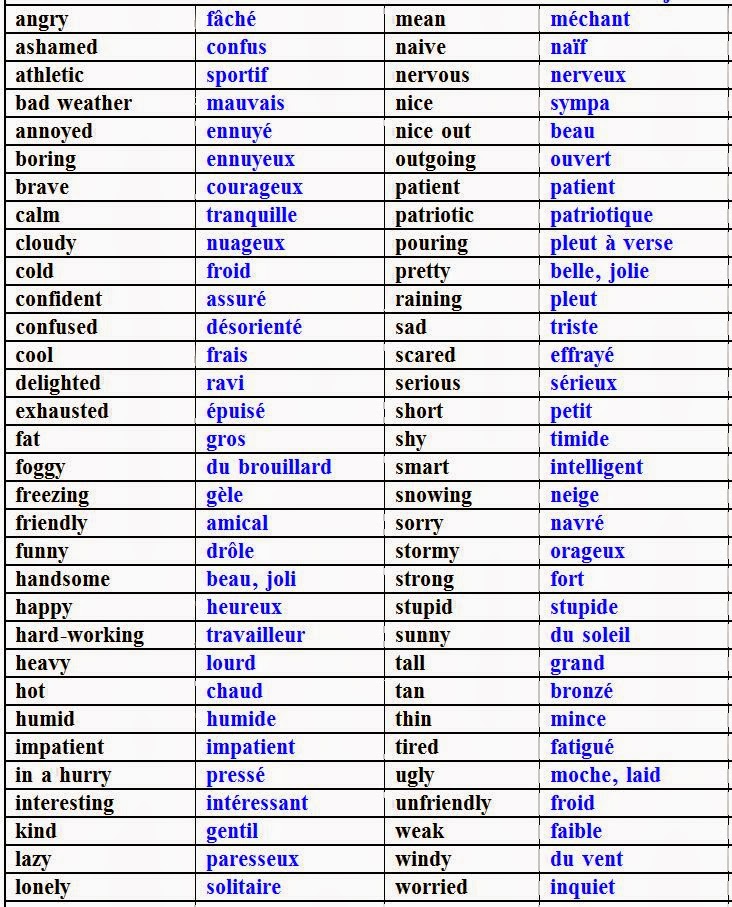French Words in English: A Linguistic Tapestry
Have you ever stopped to consider the words you use every day? The English language is a fascinating tapestry woven from threads of countless other languages. One of the most influential contributors to this linguistic mix is French. From everyday conversation to sophisticated literature, French words and phrases have seamlessly integrated into English, enriching its vocabulary and adding a certain je ne sais quoi.
The story of how these French words came to reside in the English language is as captivating as a classic novel. It all began with the Norman Conquest of England in 1066. William the Conqueror, Duke of Normandy, claimed the English throne, and with his victory came a seismic shift in English culture, law, and of course, language. French, the language of the court and the ruling class, began to intermingle with Old English, the language of the common people.
Over centuries, this linguistic fusion gave rise to a fascinating phenomenon. French words, once markers of social standing and sophistication, gradually became absorbed into common parlance. Today, we use these words so naturally that we often don't even realize their French origins. They're woven into the fabric of our language, shaping how we express ourselves in both subtle and profound ways.
The influence of French on English isn't limited to just individual words. Entire phrases like "déjà vu," "faux pas," and "joie de vivre" have found a comfortable home in our everyday vocabulary. These phrases often express sentiments or ideas that are difficult to capture with the same nuance in English, highlighting the unique flavor that French words bring to our linguistic palette.
Exploring the etymology of these French-derived words is like embarking on a treasure hunt through history. Each word carries within it a story, a glimpse into a rich cultural exchange that has shaped the language we speak today. Understanding the origins of these words not only deepens our appreciation for the nuances of English but also fosters a sense of connection to the past and the intricate web of influences that have shaped our world.
Think about the words "art," "beauty," "culture," "fashion," "music"— all of these words, cornerstones of artistic expression, have their roots in French. Or consider the culinary arts, a realm where French influence is undeniable. Words like "restaurant," "menu," "chef," and countless others— "sauté," " flambé," " gratin"— reflect the profound impact of French cuisine on global culinary traditions.
The legal and political spheres, too, bear the indelible mark of French influence. "Justice," "jury," "evidence," "parliament"— these terms, fundamental to our understanding of law and governance, underscore the enduring legacy of French in shaping English institutions.
It's not just the historical significance; French words continue to enrich our language today. In a world increasingly interconnected, the exchange of ideas and cultures remains vibrant. New words and phrases from French continue to emerge, particularly in the realms of fashion, cuisine, and the arts, demonstrating that the dynamic relationship between these two languages is far from over.
So, the next time you encounter a French word or phrase in your daily life, take a moment to appreciate its journey. These words are more than just linguistic borrowings; they're tangible reminders of the interconnectedness of cultures and the enduring power of language to transcend borders and time.
Expressing gratitude the power of thank you love quotes for him
Sunshine and support navigating mental wellness on the pacific coast this summer
The unbelievable arrest narrative














